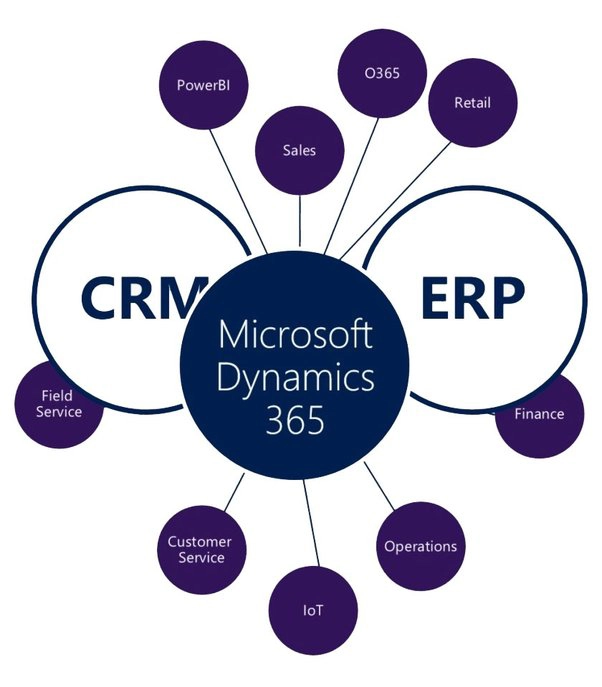
- Increased Efficiency
- Improved Decision-Making
- Enhanced Collaboration
- Scalability
- Streamlined Processes
- Compliance
- Real-time Insights
- Improved Customer Service
- Cost Savings
- Mobile Access
- Data Security
- Integration Capabilities
Enterprise Resource Planning (ERP) is a software system that integrates core business processes, such as finance, HR, inventory, and sales, into a single platform. It streamlines operations, improves efficiency, and enhances decision-making by providing real-time data insights.
We will explain everything now.
Let's Go....

Increases operational efficiency, reducing costs and improving profitability.
Provides real-time data insights for informed decision-making and strategic planning.
Enhances customer experience through streamlined processes and faster service delivery.
Improves product availability and order accuracy, leading to higher customer satisfaction.
Seamlessly integrates business processes for a unified view.
Connects departments like finance, HR, sales, and supply chain management.
Automates repetitive tasks, reducing manual efforts and errors.
Improves operational efficiency and speeds up processes.
Provides real-time data insights and analytics for informed decision-making.
Generates reports, dashboards, and forecasts to monitor performance.
Offers customization options to tailor the ERP system to specific business needs.
Adapts to unique workflows and industry requirements.
Scales with business growth, accommodating increased data and user requirements.
Supports expansion into new markets and business areas.
Enjoy a user-friendly interface for easy navigation and usage.
Ensures data security and compliance with industry regulations.
Provides role-based access control and encryption features.
Fosters collaboration among teams with shared access to data and workflows.
Facilitates communication and coordination for efficient teamwork.
Microsoft Dynamics 365 encompasses modules such as Finance, Supply Chain Management, Sales, Customer Service, Field Service, Human Resources, and Commerce. These modules are designed to work seamlessly together, providing businesses with a comprehensive platform for managing their operations, improving customer engagement, and making data-driven decisions. Additionally, Microsoft Dynamics 365 integrates with other Microsoft products such as Office 365, Power BI, and Azure, offering enhanced capabilities and flexibility for organizations.
Comprehensive Integration: Seamlessly integrate various modules and systems within the organization for smooth data flow and communication.
Supply Chain Optimization: Optimize supply chain operations by streamlining procurement, inventory management, order processing, and logistics.
Customer Relationship Management (CRM): Manage customer interactions, sales processes, marketing campaigns, and customer service activities to enhance customer satisfaction and loyalty.
Business Intelligence: Leverage data analytics, reporting, and visualization tools to gain valuable insights into business performance, trends, and opportunities for improvement.
Customization and Scalability: Tailor the ERP system to meet specific business requirements and scale the solution as the organization grows or evolves.
Cloud-Based Deployment: Benefit from cloud-based deployment options for flexibility, accessibility, security, and cost-effectiveness in managing the ERP system.

Odoo ERP is a flexible and open-source business management software with modules for sales, inventory, accounting, HR, and more. It's known for its user-friendly interface and real-time analytics, making it a popular choice for businesses to streamline operations and drive growth.

At UiS, we offer a wide range of ERP solutions, including Microsoft Dynamics 365 and Odoo ERP System. Our team specializes in implementing, customizing, and optimizing ERP systems to meet your business needs. Whether you require scalability, advanced analytics, or industry-specific features, we can provide the right ERP solution for your Business.